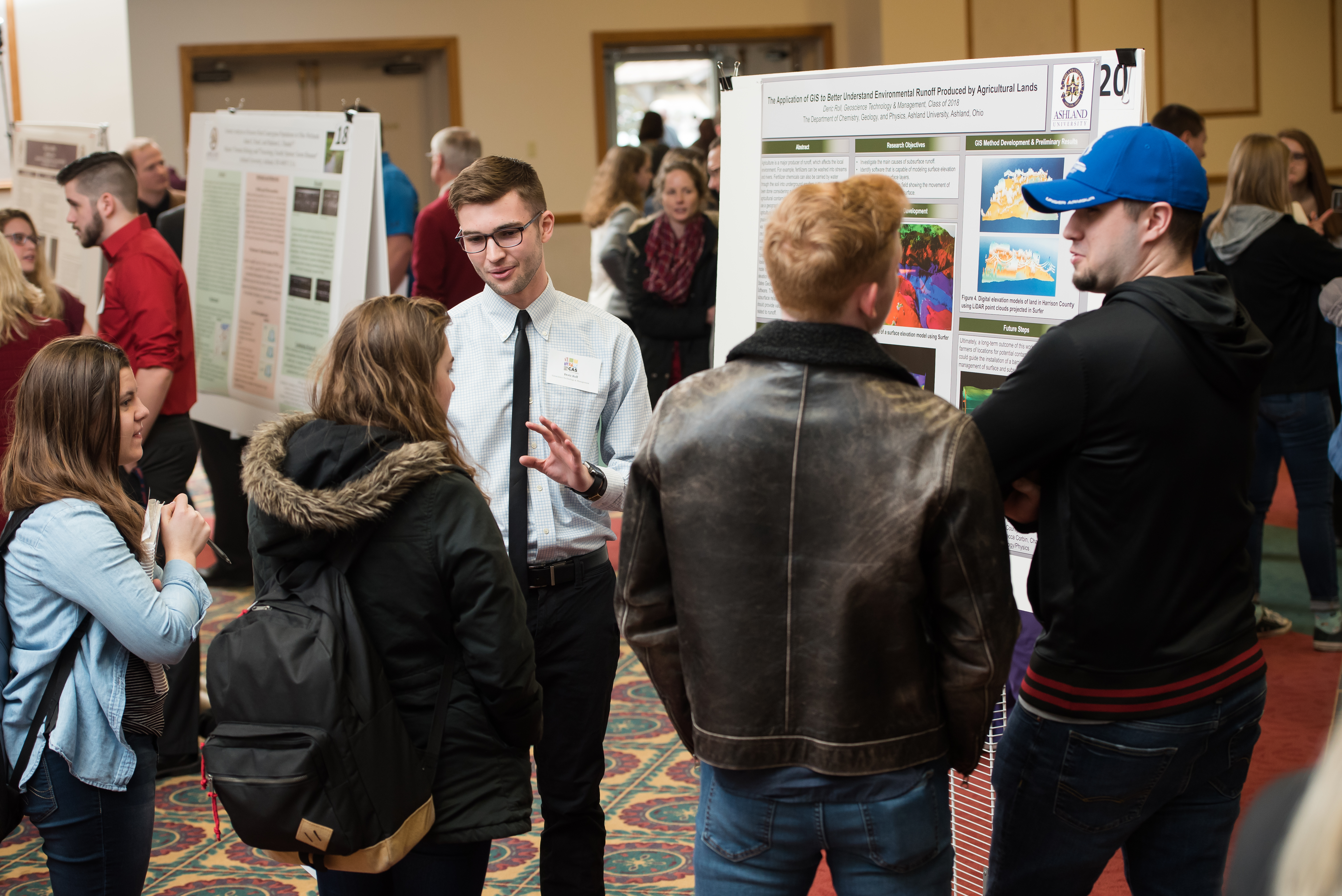Over the last dozen years, “student success” has come to designate something more than just ensuring students’ complete their degree (Kinzie & Kuh, 2017). Rather, driven by an intensified focus on equitable increases in outcomes and educational value, student success involves ensuring students feel a sense of belonging and experience an integration of academic and student affairs support for their personal and academic progress and to build skills for the workplace and beyond. NSSE’s items, Engagement Indicators (EIs) and High-Impact Practices reflect research-proven practices, providing a solid foundation for NSSE’s close association with student success initiatives in colleges and universities. Toward this end, institutions use their NSSE results to both document what works and to identify aspects of the student experience that need shoring up.
Associating NSSE to Current Student Success Topics
This year, our NSSE Institute team delved into three current student success topics getting attention in higher education – relationship-rich education, engaging career experiences, and integrated academic challenge and support.
- Relationship-Rich Education emphasizes that relationships are the heart of an engaging undergraduate experience and that the relationships between students and faculty and staff and among students must be intentionally fostered and timed to support student success (Felten & Lambert, 2020).
- Engaging Career Experiences strengthen early career education opportunities and ensures experiences such as internships, part-time employment, volunteering and desired outcomes including problem-solving and other valued essential skills (American Association of State Colleges and Universities, 2021; Schlesinger, 2021).
- Integrated Academic Challenge & Support advances social, academic, and institutional support to provide students the assistance necessary to overcome challenges and successfully navigate their educational journey (Mishra, 2020; Roksa & Kinsley, 2019).
Our focused review of current literature on the topics suggested alignment with many items on the NSSE core survey, and as measured further in NSSE’s Topical Modules. Following our review, we then associated NSSE measures to these topics. The literature and tables outlining our mapping are presented in the new “Student Success Framework Mapping” resource.
We know colleges and universities have made greater investments in student success interventions related to these three topics including the establishment of success coaches, career pathway models, and redesigned courses and learning support services to assure timely academic support. Such student success interventions benefit from evidence to inform their design and to assess their impact.Data from NSSE about the quality of students’ relationships, engagement in career education and experiences, and sense of support for their personal and academic challenge and success, can guide institutions efforts to improve and can help determine if student success initiatives are having the intended impact.
A Call to Action for Student Success
Our mapping of the student success topics to NSSE items can help institutions organize their data in a way that aligns with these topics and consider their NSSE results as they measure and monitor their success initiatives. We encourage participating NSSE institutions to first review our suggested mapping.
Does our mapping match your impressions of these topics?
It is important to note that the items in the student success framework mapping have been conceptually associated but have not been tested psychometrically. We encourage institutions to apply and test the measures against their interventions and consider this exploratory evidence for their student success efforts.
If these topics are on your campus student success agenda, what do your NSSE results suggest about your students’ experiences? How does this information help inform or refine your interventions?
Colleges and universities have used their NSSE results to inform their student success efforts in a variety of ways. Some of the best examples of NSSE’s linkage to student success can be found in Quality Enhancement Plans (QEPs) required in the Southern Association of Colleges and Schools (SACS) accreditation standards, for example Middle Georgia State University used their NSSE HIP data to make the case for and to assess the impact of a four-tiered experiential learning course or activity - “Experiential Learning @MGA”. In another QEP example, the University of Mobile used their first-year students’ sense of belonging and Supportive Environment results in their plans for the “RAMS Approach to Student Engagement”. These uses show how student engagement results can broadly confirm dimensions of the undergraduate program that support student success and signal where an institution might need to invest in focused improvement.
If your institution is developing a quality improvement project, how might your NSSE data be used to make the case for a current student success topic? How might your next planned NSSE administration help evaluate the effectiveness of your intervention?
We encourage NSSE participating institutions to broadly consider student engagement data for its value in the assessment of undergraduate education and to actively apply specific item results to explore current student success concerns. We are eager for your feedback on the applicability of our student success framework to your work. Let us know what you discover and consider sharing your institution’s data use story!
Contact Jillian Kinzie, jikinzie@iu.edu to share your feedback or for questions.


